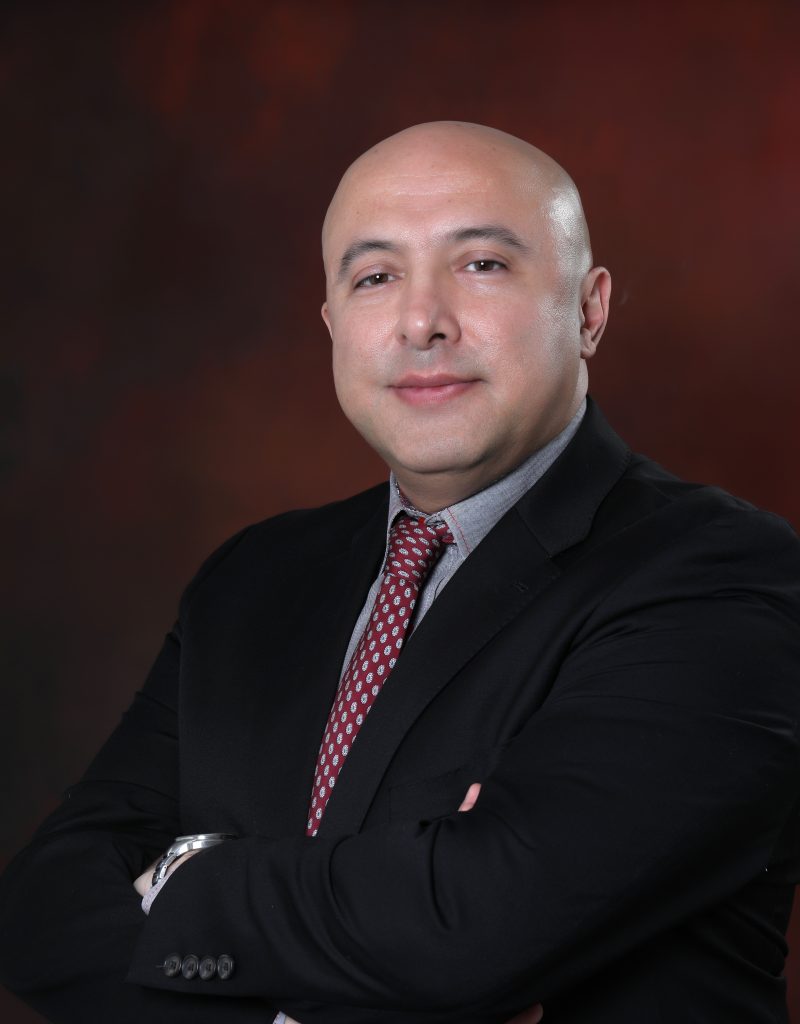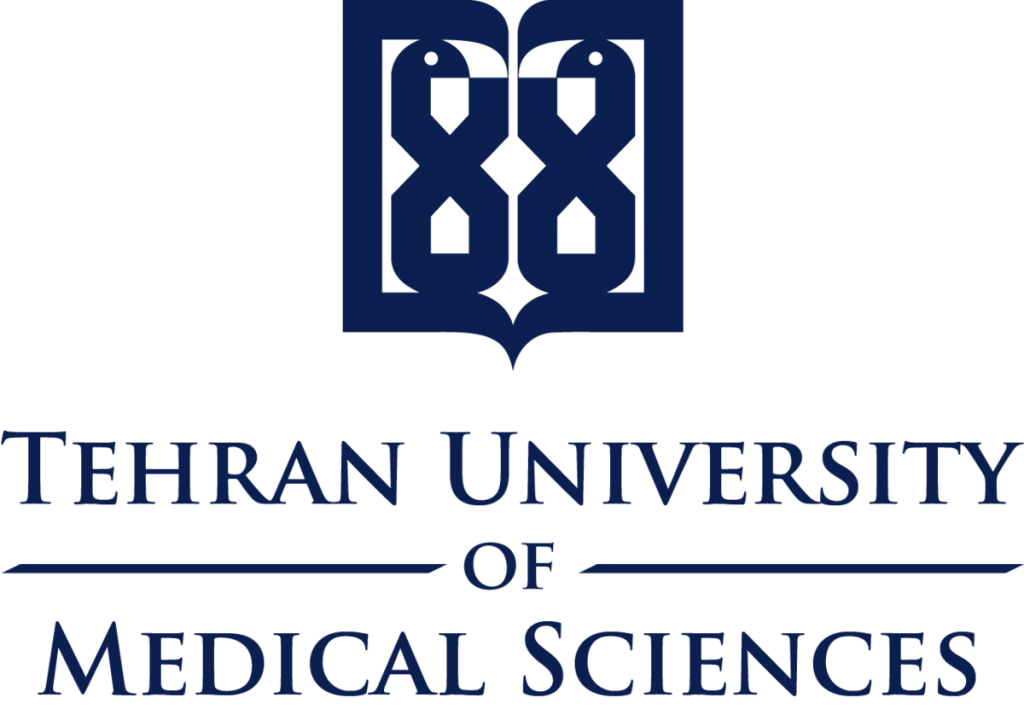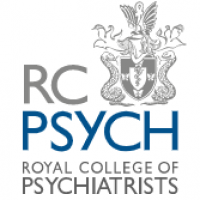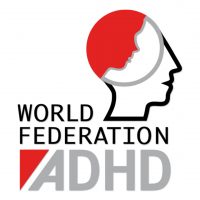If patients with depression pose an immediate risk to their own health (e.g. not eating or drinking, not taking essential medications, not attending to personal hygiene), risk to their own safety (e.g. suicide) or risk to others (e.g. suicidal attempt by road accident or fire), they should be in a place of safety (psychiatric hospital) and they should be monitored and treated by professionals. Sometimes the risk can be managed while patients stay at home and reviewed frequently by mental health professionals (e.g. Home Treatment Team).
There is no cure for depression; nevertheless, depression in the majority of patients can be well managed with an appropriate approach. The valid approach in the management of depression, and all other mental health problems, is the one known as Bio-Psycho-Social:
Biological: Nearly all patients with depression need some medications during their illness as a single way of management or, more ideally combined with psychological therapies. A very important principle in the treatment of depression is that patients initially do not see much benefit when they start treatment. Antidepressants usually take at least 1-2 weeks before patients see improvement. Furthermore, symptoms of depression respond to medications at different rates. Usually, sleep and appetite are the first symptoms to show some improvement. It would take longer before energy, concentration and motivation return towards normal. The subjective feeling of low mood and cognitive symptoms of depression (i.e. poor self-esteem, hopelessness…) are usually the last symptoms to benefit from treatment. In addition to the main antidepressant treatment, patients may initially need medications like Benzodiazepines (e.g. Diazepam, Lorazepam) to help with poor sleep and agitation and until the antidepressant shows its benefit. Also, patients with psychotic symptoms need to take appropriate antipsychotic medication.
Serotonin Specific Reuptake Inhibitors (e.g. Fluoxetine/Prozac, Sertraline, Citalopram): The first line of treatment for depression. SSRIs are generally well-tolerated, effective and safe in case of overdose (accidental or intentional). They are widely prescribed from children to elderly patients. Their side effects are usually mild and limited to the first few days of treatment and include nausea, poor appetite, restlessness. However, they can have ongoing side effects; e.g. sexual dysfunction. While there can be a risk of increasing suicidal ideas in children and adolescents treated with SSRIs, most studies have ruled out such a side effect in adults.
Mirtazapine, Venlafaxine, and Duloxetine: They are usually considered as the 2nd line of treatment if a patient does respond to an adequate dose of SSRIs and for at least 6-8 weeks. They all have a potent anti-anxiety effect. Mirtazapine is fairly safe in the elderly. Its common side effects are increased sleep and appetite, constipation, nightmares (rare), urinary retention (rare). Venlafaxine and Duloxetine are preferred options for younger patients as they usually do not cause sedation or weight gain. However, Venlafaxine and Duloxetine should be avoided or very closely monitored in patients with heart diseases. Common side effects of Venlafaxine and Duloxetine are nausea, reduced appetite, and insomnia but they are usually temporary and subside. Other side effects are increased blood pressure, palpitation, sexual dysfunction, and ongoing insomnia. In addition, many studies have shown that Duloxetine is in particular effective in depression happening in the context of chronic pain (e.g. severe arthritis, neuralgia…).
Tricyclic Antidepressants (e.g. Amitriptyline) & Monoamine oxidase inhibitors (e.g. phenelzine): These are older generations of antidepressants. They are effective in the management of symptoms in depression. However, they tend to cause more frequent and more severe side effects comparing to the new Antidepressants. More importantly, they are fatal in the case of overdose (accidental or intentional). Hence they are no longer prescribed frequently.
Treatment-resistant depression: A group of patients do not improve after taking a sufficient dose of first and second antidepressants over sufficient periods of treatment. These patients usually require a combination of medications. The commonly used combinations for treatment-resistant depression are a combination of two antidepressants (e.g. Venlafaxine plus Mirtazapine), an antidepressant plus Lithium, and an antidepressant plus an antipsychotic which has antidepressant properties (e.g. Quetiapine, Flupentixol).
Electroconvulsive Therapy (ECT): ECT is one of the oldest treatments in psychiatry which is still in use. It is used for cases of severe depression when: a patient stops eating and drinking, when a patient shows an extreme form of movement symptoms (i.e. Catatonia), when a patient makes repeated and persistent suicidal/self-harm attempts even in hospital (e.g. constantly banging their head to the wall) or when a patient does not show any response to medications. Before treatment, patients should have some blood tests, an Electrocardiogram (ECG) and physical examination to ensure it is safe for them to have general anaesthesia. For the treatment, patients undergo a short period of general anaesthesia induced by an anaesthetist doctor and a theatre nurse. Patients also receive a muscle relaxant medication in order to reduce body movements during ECT. Then a brief electric current is applied on the side of the head (Temporal Area) which induces a seizure lasting for a couple of minutes. Throughout the process and during recovery from general anaesthesia, patients are constantly monitored by the anaesthetist doctor and theatre nurse. Patients usually have ECT twice a week and for a total of 6-12 sessions. If applied for the right group of patients, ECT is a very effective treatment (twice as effective as most antidepressants) and patients usually show some improvement as early as the second week of treatment. Side effects of ECT are headache after recovery, difficulty remembering events around the time of treatment. Despite all negative false beliefs around ECT, it is a safe treatment. ECT does not erase the memory and it does not cause dementia.












